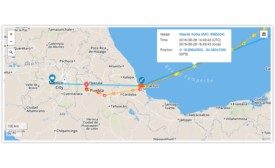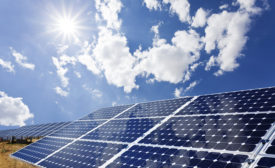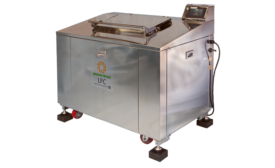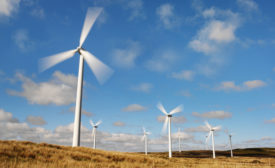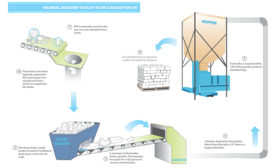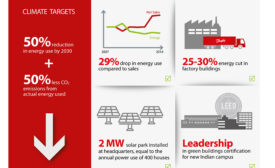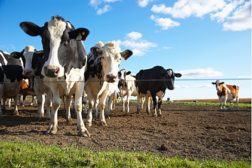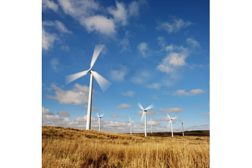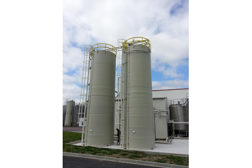Home » carbon footprint reduction
Articles Tagged with ''carbon footprint reduction''
Study outlines growth of low carbon technologies
The drive toward sustainability has never been more urgent, and technology will continue to play a crucial role.
February 8, 2017
Bella Verdi opens new greenhouse facility
The products grown in the new facility will be subjected to the company’s rigorous food safety standards.
July 28, 2016
Elevate your expertise in refrigerated and frozen foods with unparalleled insights and connections.
Get the latest industry updates tailored your way.
JOIN TODAY!Copyright ©2025. All Rights Reserved BNP Media.
Design, CMS, Hosting & Web Development :: ePublishing
